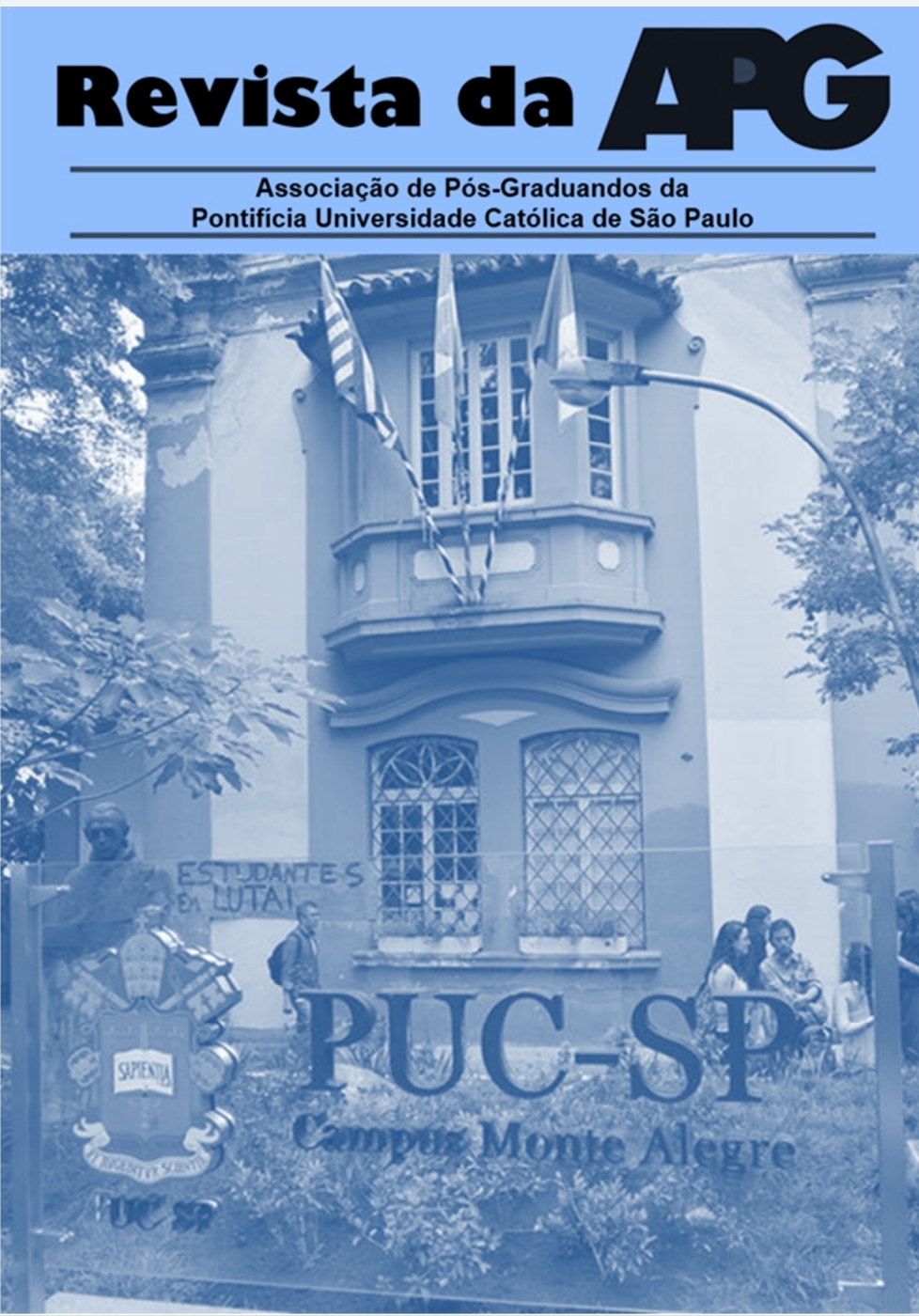Governo Bolsonaro, um Governo Fundado em Fake News?
DOI:
https://doi.org/10.23925/2764-8389.2022v1i1p76-104Palavras-chave:
Bolsonaro, Estado, Governo, “Notícias Falsas”, Participação PolíticaResumo
O presente artigo pretende discutir sobre as fakes news produzidas, disseminadas e impulsionadas dentro do governo bolsonarista. Trata-se não de apontar o governo bolsonarista como criador dessas notícias falsas, mas apurar como esse tipo de notícia tem ocorrido frequentemente nesse período. O artigo está dividido em duas partes: na primeira identificaremos qual tipo de fake news se verifica tentando categorizar essas notícias falsas propagadas dentro do governo bolsonarista de acordo com estudiosos e pesquisadores da área. A segunda parte está dedicada a análise das próprias fakes news identificando os alvos dessas notícias falas e suas repercussões. A metodologia e técnicas de pesquisa se concentraram em: a) Identificar “notícias falsas” e seus autores, através de categorias pré-definidas por outros estudiosos que possam auxiliar na identificação das “notícias falsas” disseminadas “dentro do governo”, a partir de então trabalharmos com a definição já conceituada anteriormente por pesquisadores da área; b) Os instrumentos utilizados para a coleta de dados e informações que serviram para realização da pesquisa foram extraídas de matérias jornalísticas de veículos tradicionais de comunicação, tanto, quanto de pesquisas realizadas por instituições de excelência como Reuters Institute Digital News Report e DataSenado instituo de pesquisas do Congresso Nacional Brasileiro. E por fim os resultados encontrados apresentam-se como uma complexa relação entre governo e segmentos da sociedade que promoveram notícias falsas produzidas por apoiadores, parlamentares e membros do governo Bolsonaro publicados em suas redes sociais e confirmados sua falsidade por agências de Fact-checking com a Agência Lupa seguida de rigorosa análise política.
Referências
ALLCOTT, H., & GENTZKOW, M. (2017). Social media and fake news in the 2016 election. Journal of Economic Perspectives, vol 31(2), 211-236.
AVRITZER, Leonardo. (2008). Instituições participativas e desenho institucional: algumas considerações sobre a variação da participação no Brasil democrático. OPINIÃO PÚBLICA, Campinas, vol. 14, nº 1. p.43-64
BARRETO JUNIOR, Irineu Francisco; VENTURIN JUNIOR, Gustavo. (2020). Fake news em imagens: um esforço de compreensão da estratégia comunicacional exitosa na eleição presidencial brasileira de 2018. In; Revista Debates, Porto Alegre, v. 14 p. 04-35.
BRITES, M. J., AMARAL, I. & CATARINO, F. (2018). A era das “fake news”: o digital storytelling como promotor do pensamento crítico. Journal of Digital Media & Interaction, 1(1), 85-98. Disponível em: http://recil.grupolusofona.pt/xmlui/bitstream/handle/10437/8949/2018_Brites_A maral_Catarino_AEraDasFakeNews.pdf?sequence=1 (Acedido a: 30 de outubro 2018).
D´ANCONA, Matthew. (2008). Pós Verdade: a nova guerra contra os fatos em tempos de fake news. Barueri. Faro editorial.
DELMAZO, C. & Valente, J. (2018). Fake news nas redes sociais online: propagação e reações à desinformação em busca de cliques. Media & Jornalismo, 18(32), 155- 169. Disponível em: https://impactum-journals.uc.pt/mj/article/view/5682.
GROSS, Clarissa Piterman. (2018). Fake News e democracia: discutindo o status normativo do falso e a liberdade de expressão. In: RAIS, Diogo (Coord.). Fake News: a conexão entre desinformação e o Direito. São Paulo: Thomsom Reuters Brasil.
MUSSI, Daniela Xavier Haj; BIANCHI, Alvaro. (2020). Odeio os indiferentes: escritos de 1917/ Antonio Gramsci; seleção, tradução e aparato crítico Daniela Mussi, Alvaro Bianchi. – 1. Ed. – São Paulo: Boitempo.
SANTOS, Milton. (2008). Por uma outra globalização: do pensamento único à consciência universal. 15. ed. Rio de Janeiro, Record.
TARLACH, McGonagle. (2017). Falsos medos ou preocupações reais? Faculdade de Direito, Universidade de Amsterdã, Amsterdã. Netherlands Quarterly of Human Rights 2017, Vol. 35(4) 203–209 ª.
TANDOC, E. C., LIM, Z. W. & LING, R. (2017). Defining “Fake News”. A typology of scholarly definitions. Digital Journalism, 6(2), 137-153. DOI: 10.1080/21670811.2017. 1360143 [online]. Disponível em: https://www.tandfonline.com/doi/abs/10.1080/21670811.2017.1360143?journal=&. Acesso em /08/06/2020
WARDLE, C. (2017, fevereiro 16). Fake News. It’s complicated. First Draft.Disponível em https://medium.com/1st-draft/fake-news-its-complicated-d0f773766c79. Acesso em 16/06/2020.
Downloads
Publicado
Versões
- 2023-03-03 (3)
- 2022-08-25 (2)
Como Citar
Licença
Copyright (c) 2022 Revista da APG

Este trabalho está licenciado sob uma licença Creative Commons Attribution-NonCommercial-NoDerivatives 4.0 International License.



